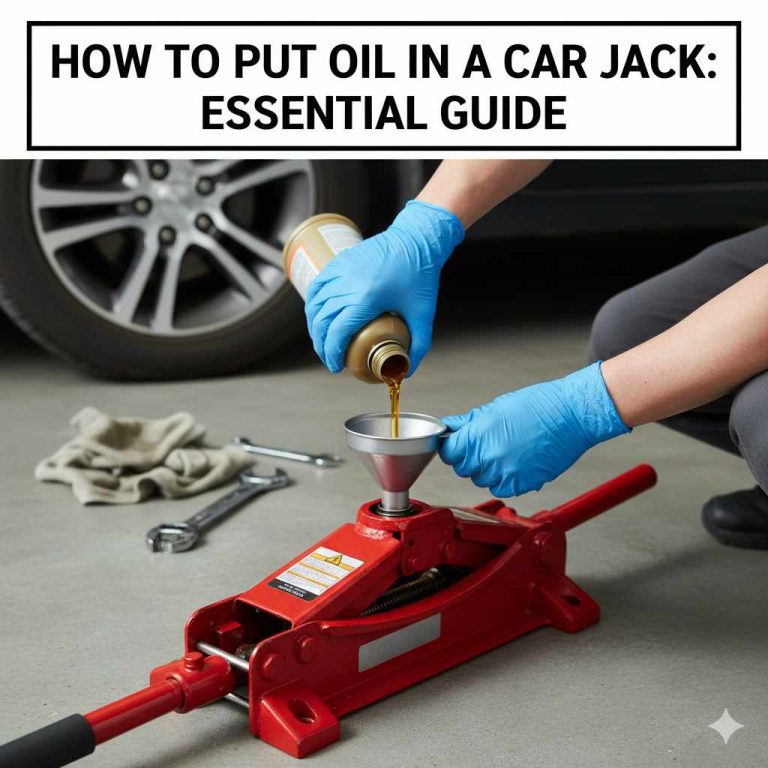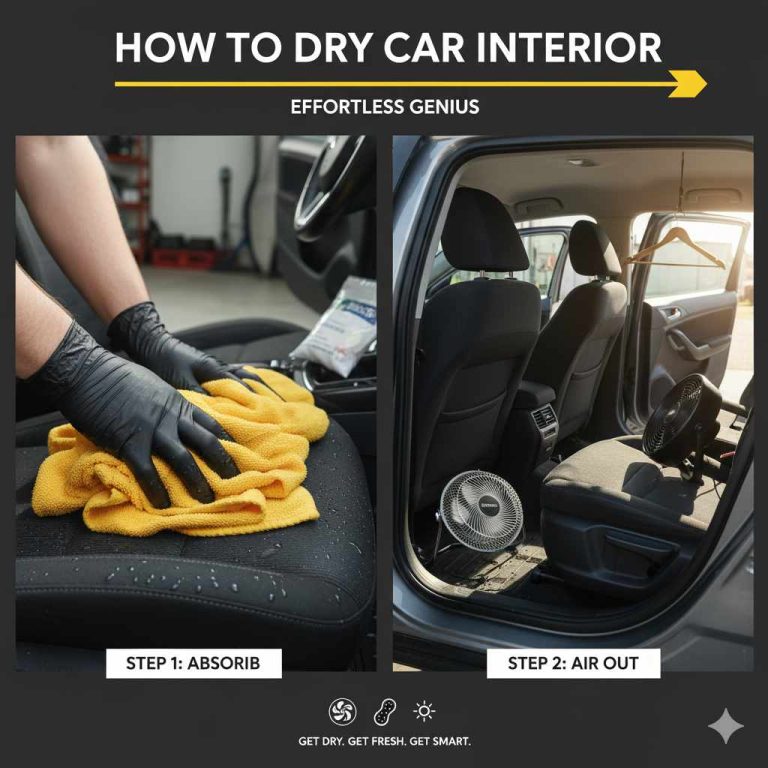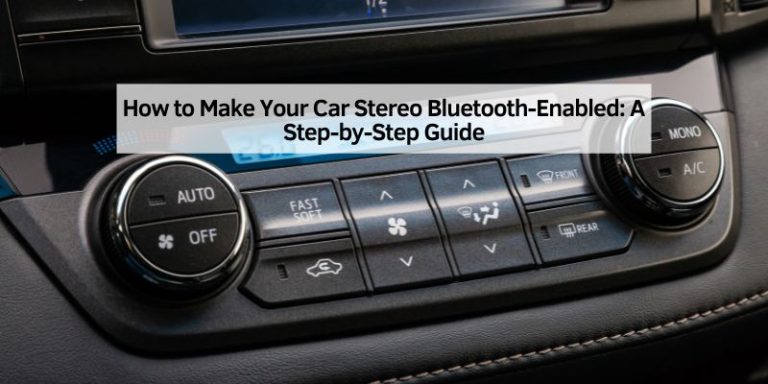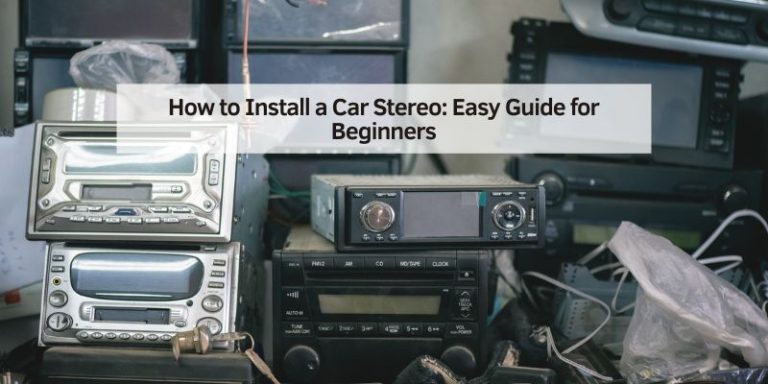How to Check What Oil Your Car Takes: Quick Guide
Are you unsure about what oil your car needs? You’re not alone.
Many drivers struggle with this essential aspect of car maintenance, risking engine damage and reduced performance. But don’t worry; you’ve come to the right place. You’ll discover how simple it is to identify the right oil for your vehicle. Imagine the peace of mind knowing your car is running smoothly, saving you money on repairs and improving your driving experience.
Ready to unlock the secret to optimal engine health? Let’s dive into the details and ensure you’re equipped with the knowledge you need.

Credit: www.mobil.co.uk
Identifying Your Car’s Oil Type
The owner’s manualis a book for your car. It tells you what kind of oil to use. You can find it in the glove box. It gives the exact oil typeyour car needs. Always check this book first. It is the best guide for your car.
Oil has numbers like 5W-30on the bottle. These numbers tell you how the oil flows. The first number shows how oil moves in cold. The second number is for hot days. Your car needs the right numbers to work well.
There are two main types of oil: syntheticand conventional. Synthetic oil is made by people. It is usually better for new cars. Conventional oil comes from the ground. It is often used in older cars. Choose the right type for your car.
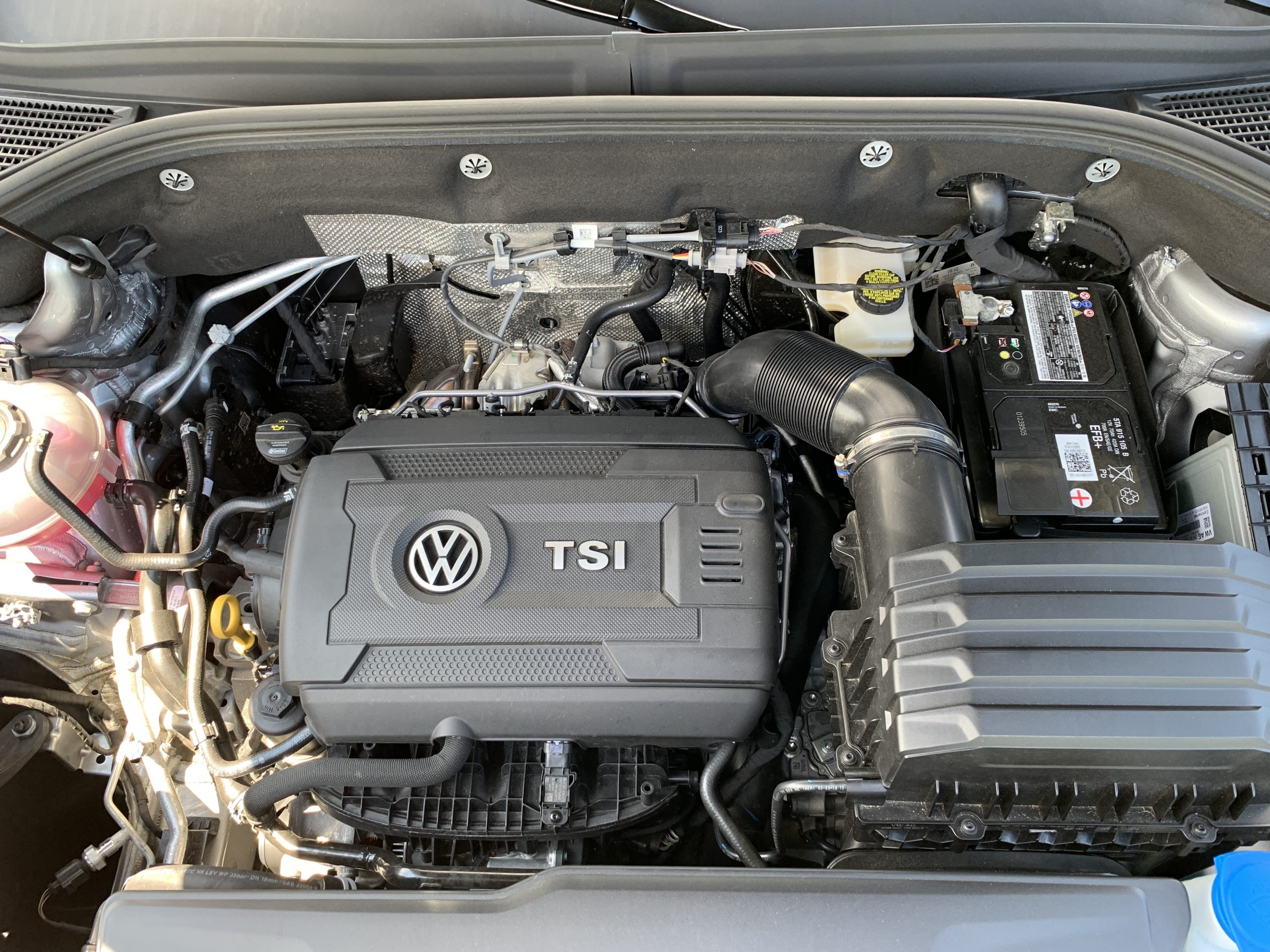
Credit: www.theintelligentdriver.com
Checking Oil Level And Condition
The dipstick is a long, thin rod. It lives in your car’s engine. Find it near the front of the engine. The handle is usually bright. It might be yellow or orange. Pull it out gently. Wipe it with a clean rag. This will help you check the oil level.
Put the dipstick back in. Pull it out again. Check the oil level on the stick. Look for two marks. One is for “full.” The other is for “low.” Make sure the oil is between these marks. If it’s below “low,” add oil soon.
Check the oil color. Fresh oil is amber or light brown. Dirty oil looks dark or black. Rub some oil between your fingers. Feel for grit or dirt. If the oil feels rough, it’s time for a change. Clean oil keeps your engine happy.
Using Online Resources For Oil Information
Manufacturer websites give the correct oil type for your car. They have easy-to-read information. You just need your car’s make and model. Find the oil details in the owner’s manual section. Many sites also have a search tool. Enter your car’s details and get the oil type needed. This is the best way to be sure.
Car forums are places where car lovers talk. They share tips and help each other. You can ask about car oil there. Many people will answer. They share their experiences. Be sure to double-check their advice. Not everyone is an expert. Forums are great for extra advice but always trust the manufacturer’s word first.
Considering Climate And Driving Conditions
Temperature affects car oil choice. Cold places need different oil. Thick oil can be bad in cold. It struggles to flow. Thin oil is better for cold. It flows easily. Hot places need thick oil. It stays stable in heat. This helps the engine. Read the car manual. It advises the best oil type.
Short trips affect oil choice too. Frequent stops and starts can harm engines. They need special oil. Check oil more often. Long trips need another type. They heat the engine more. This needs oil that cools the engine. Busy streets or highways matter too. Different oils suit different habits. Think about how you drive. Choose oil that fits your style.
Visiting A Professional Mechanic
Professional mechanics know a lot about cars. They can tell you what oil your car needs. Mechanics have special tools to check your car. They use these tools to make sure your car runs well. They help find the right oil for your car. This keeps your car engine happy. Mechanics also look at your car’s manual. This helps them choose the best oil. Visiting a mechanic is smart. They know cars better than most people. Their advice is helpful.
Experts give the best advice on car oil. They know about different oil types. Experts can explain why some oils work better. They understand car engines well. Listening to their advice can save money. Expert advice can stop engine problems. With their help, your car runs smoothly. Experts make sure your car gets the right oil. This keeps the engine strong.
- Oil checks keep the engine clean.
- They help the car run smoothly.
- Regular checks prevent engine wear.
- They can stop engine problems early.
- Oil checks save money on repairs.
- They extend the car’s life.
Frequently Asked Questions
How Do I Find The Right Oil For My Car?
Check your car’s manual for recommended oil type. Alternatively, visit the manufacturer’s website. Many auto parts stores offer guides. Online tools can also help. Use the right viscosity grade for optimal performance. Correct oil ensures engine health and efficiency.
Can I Use Synthetic Oil In My Car?
Yes, synthetic oil is often compatible with most vehicles. It’s beneficial for high-performance engines. Synthetic oil offers better protection and efficiency. Always check your car manual for compatibility. Synthetic oil may extend engine life and improve fuel economy.
What Happens If I Use The Wrong Oil?
Using the wrong oil can reduce engine efficiency. It may cause increased wear or damage. Incorrect viscosity affects lubrication and performance. Oil incompatibility can lead to overheating. Regularly check oil type to prevent engine issues.
How Often Should I Change My Car Oil?
Change oil according to your car’s manual recommendations. Typically, every 3,000 to 5,000 miles is suggested. Modern cars may go longer between changes. Regular oil changes improve engine life and performance. Monitor oil levels regularly for optimal engine health.
Conclusion
Knowing what oil your car needs ensures smooth driving. Regular checks prevent engine issues and save money. Always consult your car’s manual or a trusted mechanic. Use recommended oil for best performance. Remember, oil type affects engine health. Don’t skip this vital step.
Regular maintenance extends your vehicle’s life. Simple checks lead to big savings. Stay informed and proactive. Your car will thank you. Keep it running smoothly and efficiently. Happy driving!


